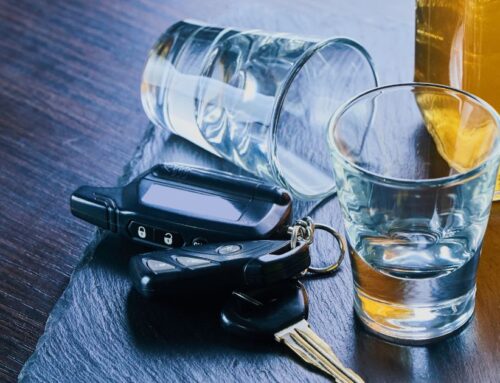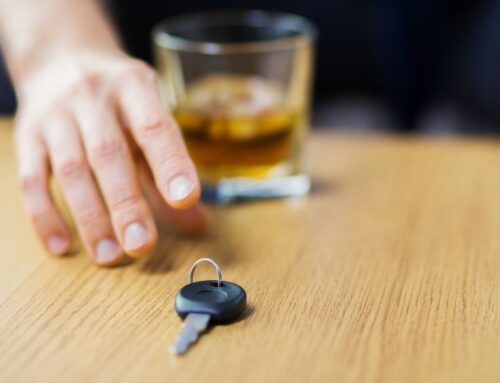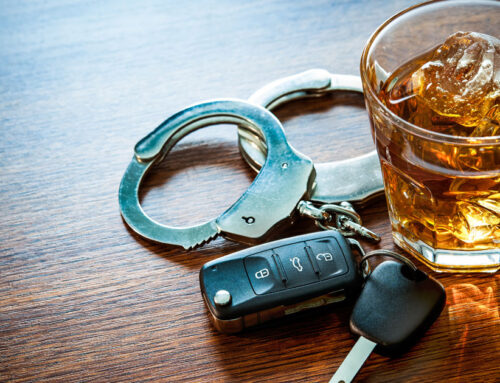If you are charged with operating while intoxicated (OWI) in Indiana and you already have a prior OWI on your record, the new case will not be treated like a first offense. Indiana law enhances both the charge and the penalties based on the timing and nature of the earlier conviction. Understanding how that prior affects the new case can help you make informed choices about your defense in South Bend and across St. Joseph County.
What Is an OWI Under Indiana Law?
Indiana uses the term OWI for drunk or drug-impaired driving. A person may be convicted by having a blood alcohol concentration of 0.08% or higher, or by driving while actually impaired. A BAC of 0.15% or more can trigger enhanced penalties. Refusing a certified chemical test also brings its own driver’s license consequences, separate from any criminal sentence.
Does a Prior OWI Change the New Charge?
Yes. If your previous OWI conviction occurred within seven years of the new offense, a new violation can be elevated to a Level 6 felony. The charge can also be elevated if you were at least 21 and had a passenger under 18 in the vehicle. If your prior conviction involved OWI causing serious bodily injury or death, the new case can be charged even more seriously as a Level 5 felony.
What Penalties Can a Second OWI Bring?
A Level 6 felony in Indiana carries a sentencing range of six months to two and a half years and up to a $10,000 fine. Courts often order substance-abuse evaluation and treatment, and many require a minimum period of incarceration or allow a set number of community-service hours in lieu of a short jail term. Sentencing will consider your criminal history, the facts of the arrest, and your performance on bond.
How Does License Suspension Work After a Prior?
Driver’s license penalties come from two places: the Bureau of Motor Vehicles and the court. On the criminal side, a prior OWI typically means the court must impose at least a one-year suspension as part of sentencing. Separately, failing a chemical test usually triggers an immediate 180-day administrative suspension, while a refusal can result in up to two years. Some drivers can seek specialized driving privileges, which may require an ignition interlock device and strict compliance with court conditions.
What Should You Do Next?
Act quickly. Deadlines for challenging license suspensions arrive early, and prosecutors may file enhancement papers based on your prior. Gather paperwork from your prior case, including the conviction date and offense level, and bring any medical or prescription information that could bear on the new allegations. Ask your attorney about specialized driving privileges, ignition interlock eligibility, and strategies for addressing enhancements while preserving your defenses on the underlying charge.
South Bend OWI Lawyers at Wilson & Kinsman, LLC Advocate for Those With Prior Convictions Facing OWI Charges
A prior OWI conviction changes almost every aspect of a new case. For legal guidance, contact our South Bend OWI lawyers at Wilson & Kinsman, LLC. Call 574-522-1900, book online now, or submit a form for your free consultation. Located in Elkhart and South Bend, Indiana, we serve clients in Marshall, LaGrange, Kosciusko, LaPorte, Porter, Lake, Noble, Whitley, Elkhart, and St. Joseph.
Share This Story, Choose Your Platform!
Give us a call!
Testimonials
Read what our former clients have to say:







